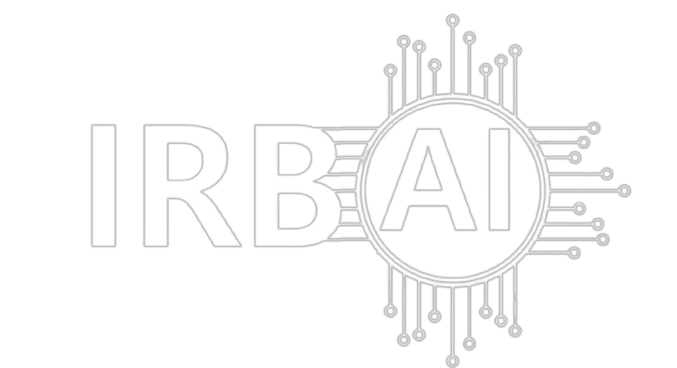Our Mission
At IRBAI, we envision a world where AI technologies are developed and utilized in ways that are safe, ethical, and aligned with the broader interests of humanity. We strive to:
- Establish and enforce guidelines that ensure AI systems are developed and used in ways that respect human rights, privacy, and dignity.
- Foster transparency in AI development processes, ensuring that stakeholders are informed and involved in decision-making.
- Support the growth of AI technologies while mitigating risks, thereby fostering innovation that benefits society.
- Implement stringent regulations to prevent the misuse of AI, particularly in military and conflict scenarios, ensuring AI-driven weapons are controlled and their use is limited to prevent escalation and collateral damage.
IRBAI is Independent
In light of the rapid advancements in AI technology and its profound impact on society, it has become increasingly clear that traditional international regulatory frameworks are ill-equipped to address the unique challenges posed by AI.
The United Nations, while instrumental in global governance, operates within a system that is often hampered by outdated laws and a slow legislative process. These limitations make it difficult to keep pace with the fast-evolving AI landscape.
The United Nations Security Council (UNSC), in particular, faces significant challenges in effectively addressing the use of AI during the military conflicts. The structure of the UNSC, with its permanent members and veto power, frequently leads to deadlocks and inaction. The UNSC’s inability to adapt swiftly to new technological threats underscores the need for an independent regulatory body that can act decisively and without geopolitical constraints.
Our Approach
IRBAI makes decisions independently of any governmental bodies to avoid the bureaucratic delays and geopolitical biases that often hinder effective regulation. By doing so, we can:
- Adapt to new developments in AI technology with agility and speed, ensuring regulations keep pace with innovation.
- Implement and enforce regulations without the constraints of political considerations, ensuring impartiality and effectiveness.
- Work with a diverse range of stakeholders, including governments, tech companies, academia, and civil society, to create comprehensive and inclusive AI regulations.
- Adjust our regulatory approaches as needed to address emerging challenges and opportunities in the AI landscape, ensuring our guidelines remain relevant and effective.
